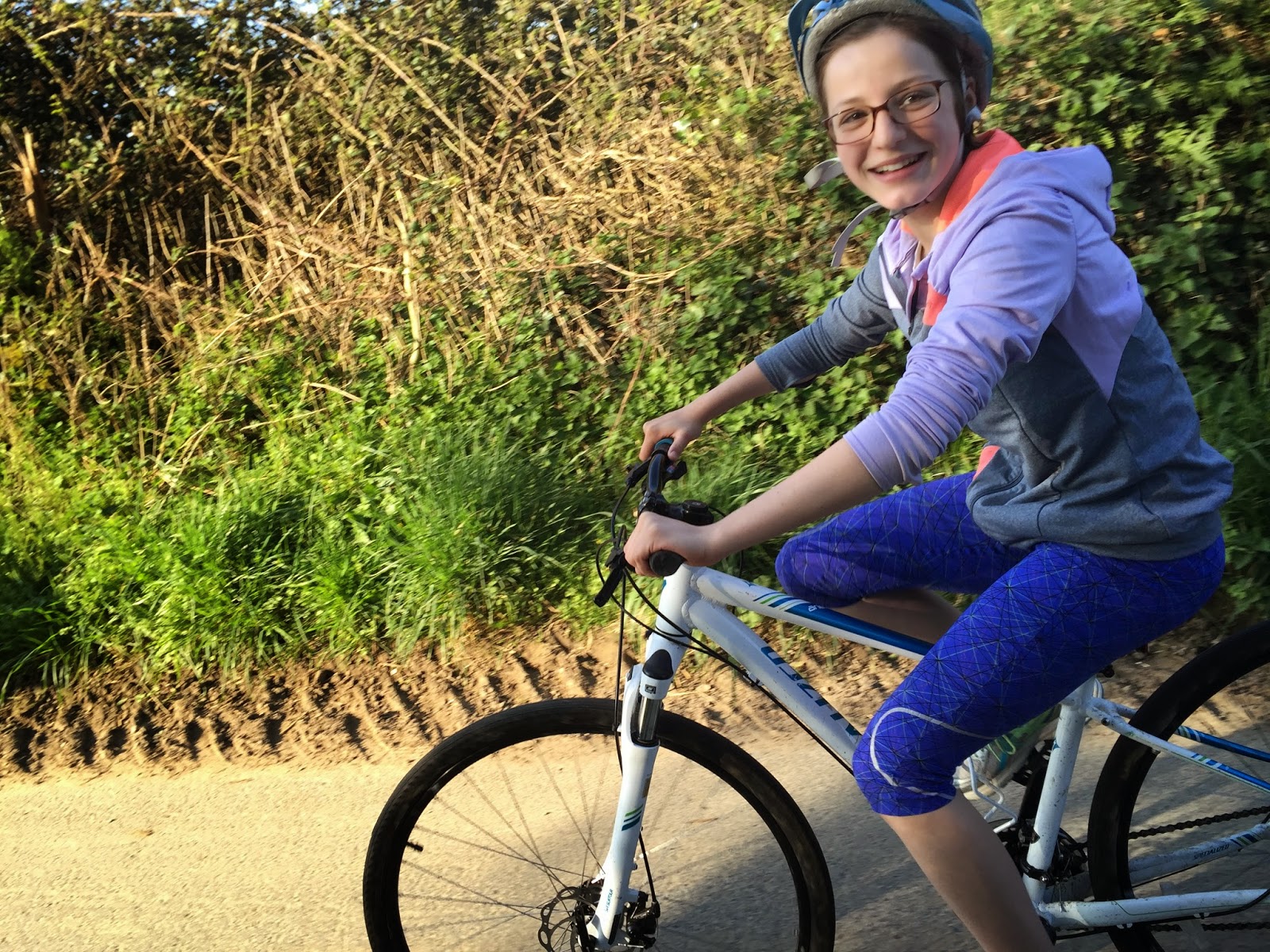The Last Lion
Churchill in Paris
Like many young men in America, I went through a serious Second World War interest and read Churchill's six volumes over the course of 1992-94 (Moe read them in one month, he once told me). The drama reads better than fiction and, while I won't go into detail on this blog, my general knowledge on the war, held idle for so long, revitalised in Normandy and having a captive audience, poor kids.Another epic read from that period was William Manchester's 'The Last Lion: Winston Spencer Churchill', a three volume trilogy covering Churchill's life from the early days ("Visions of Glory, 1874-1932"), to his political isolation and triumphant return ("Alone, 1932-1940") and finally the master-work to never be, "Defender of the Realm, 1940-1965" which Manchester unable to complete prior to his death, at 82, in 2004, leaving tens of thousands of loyal readers on the edge of their seat awaiting the final victorious turn of events that sealed the world's future.
Madeleine's time of 2:31.57 yesterday's 800 puts her in the UK Top 100 ranking for girls 15 and under.





















